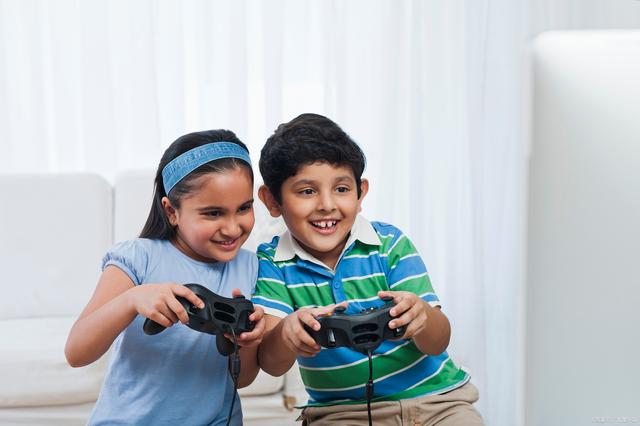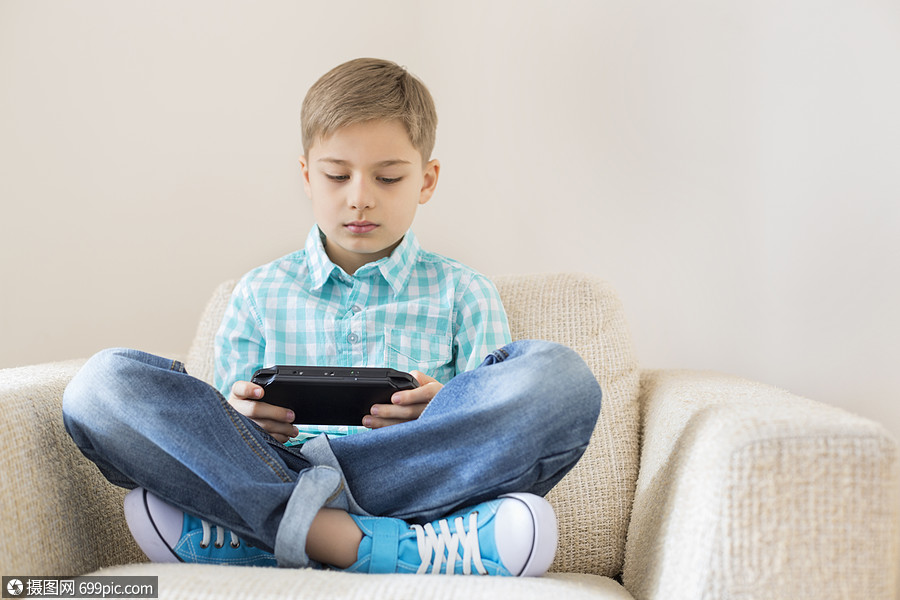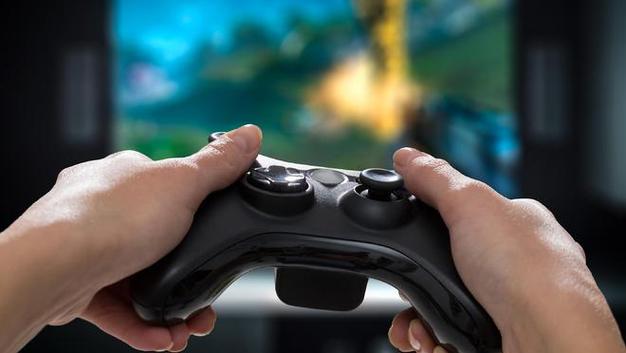Summer vacation has begun, and parents have not noticed that the original naughty children, every day will sit quietly on the couch, playing with the phone or tablet computer. Maybe you think it's no big deal that young people use electronic devices nowadays, but you may not realize that your child's mood and temperament are quietly and unobtrusively changing.

Children's little brains are like a clear and peaceful lake, and prolonged immersion in the world of electronic screens is like a constant influx of murky water on the surface of the lake, which gradually loses its original clarity and calmness. Those games and movies are like a sudden storm, bringing a short stimulus, but also disturbing the tranquillity of the lake, so that the child's behaviour becomes like the waves on the lake, sometimes high, full of aggression, sometimes lax, difficult to concentrate.
Summer vacation, which should be a “long vacation” for children to explore nature and spend warm time with their families, has become a day for them to be “intimate” with the screen. Seven to eight hours a day, as if the invisible chain chained to the screen in front of the electronic device, such a “feast of entertainment” is quietly stealing their valuable emotional stability and mental health. But you know what? If you can reduce screen time from a “long eight hours” to a “cosy three hours” in just two weeks, you'll be surprised to find that your children's moods are calmer, their smiles are brighter, and their behaviour is more appropriate. And cutting down on screen time isn't just good for your kids, it can also act as a bridge to connect family members who are emotionally distant from each other due to their busy schedules. Imagine the warmth and intimacy when a family sits around, sharing stories and playing games, instead of burying their heads in their phones or tablets - what an invaluable asset.

Children are like growing saplings, and facing a screen for a long time is like putting the saplings in a forest full of electronic fog. In this forest, although it seems colourful and full of temptation there are many hidden invisible traps. Physical problems caused by sedentary behaviour, such as eye strain, headaches and neck pain, are like a heavy shackle on the sapling. These discomforts not only limit the saplings' freedom to stretch but also make them feel more tired and miserable than ever before. To make matters worse, too much screen time is like a bottomless pit that eats away at children's peace and tranquillity. They begin to feel anxious and restless like they are trapped in a maze from which they can never escape. At night, the blue light from the screen is like a sword, cutting off melatonin, the link between sleep and the human body, making it difficult for children to enter the sweet land of dreams. Worst of all, too much screen time also makes children gradually lose interest in nature and the real world. They begin to rely excessively on digital stimuli to produce dopamine, like a drug addiction that they can't get out of. This dependence will eventually make them feel bored in their daily non-digital activities and lose the ability to find and create fun.
Therefore, as parents and guardians, we should guide our children out of this forest of electronic fog so that they can embrace the sunshine, breathe fresh air and get in touch with nature again. However, parents also need to realize that they need to lead by example; if parents are addicted to playing with their phones, then children will not be willing to spend less time playing with electronic devices.






